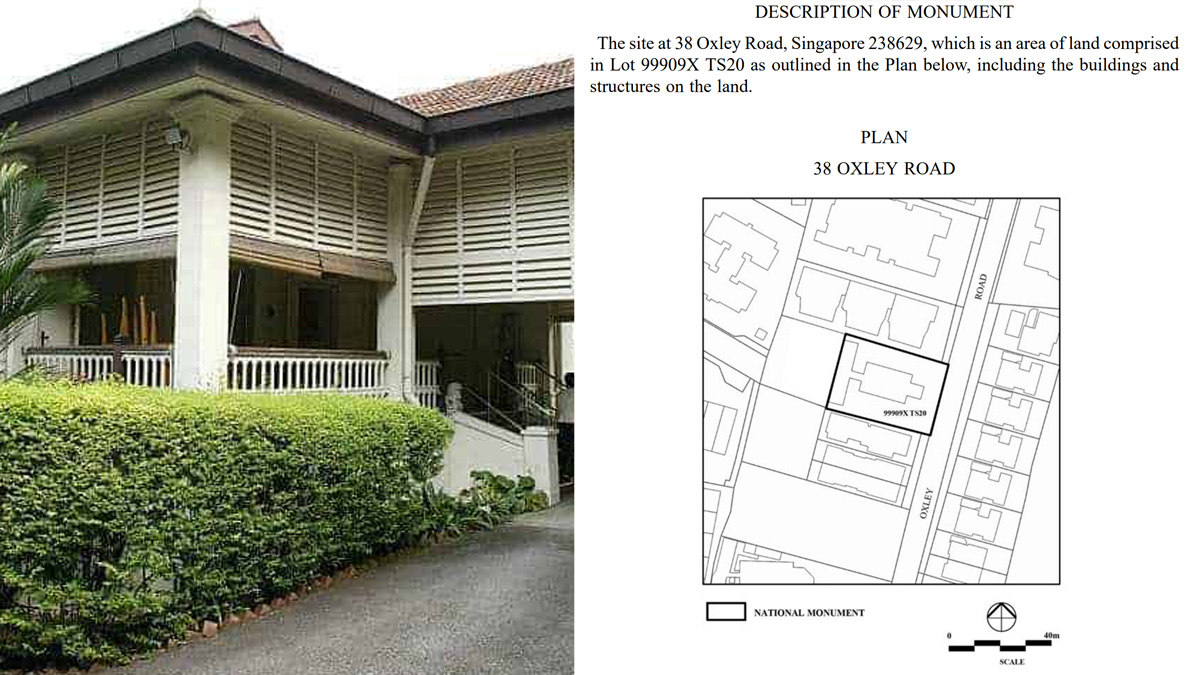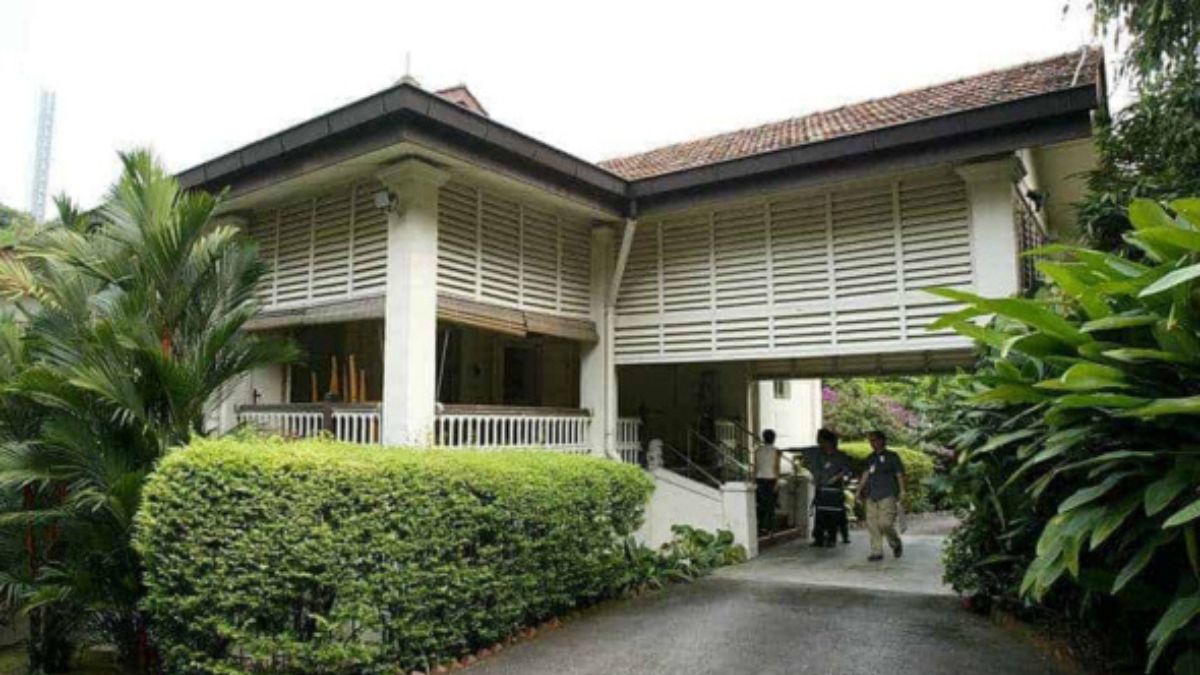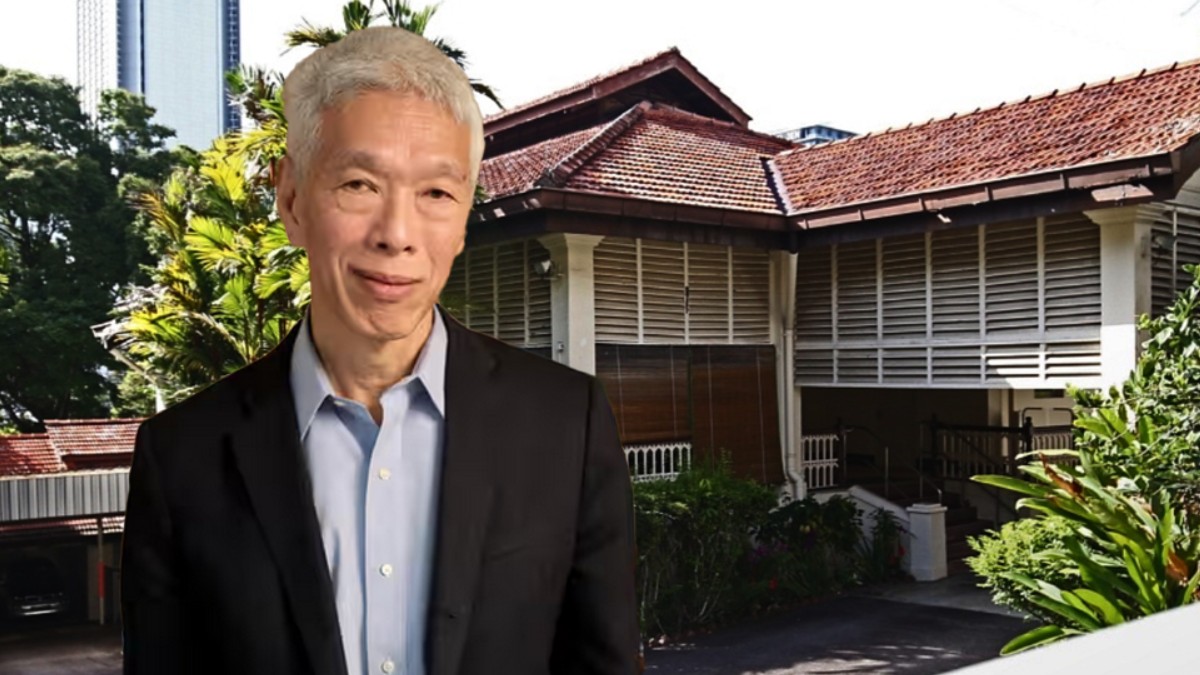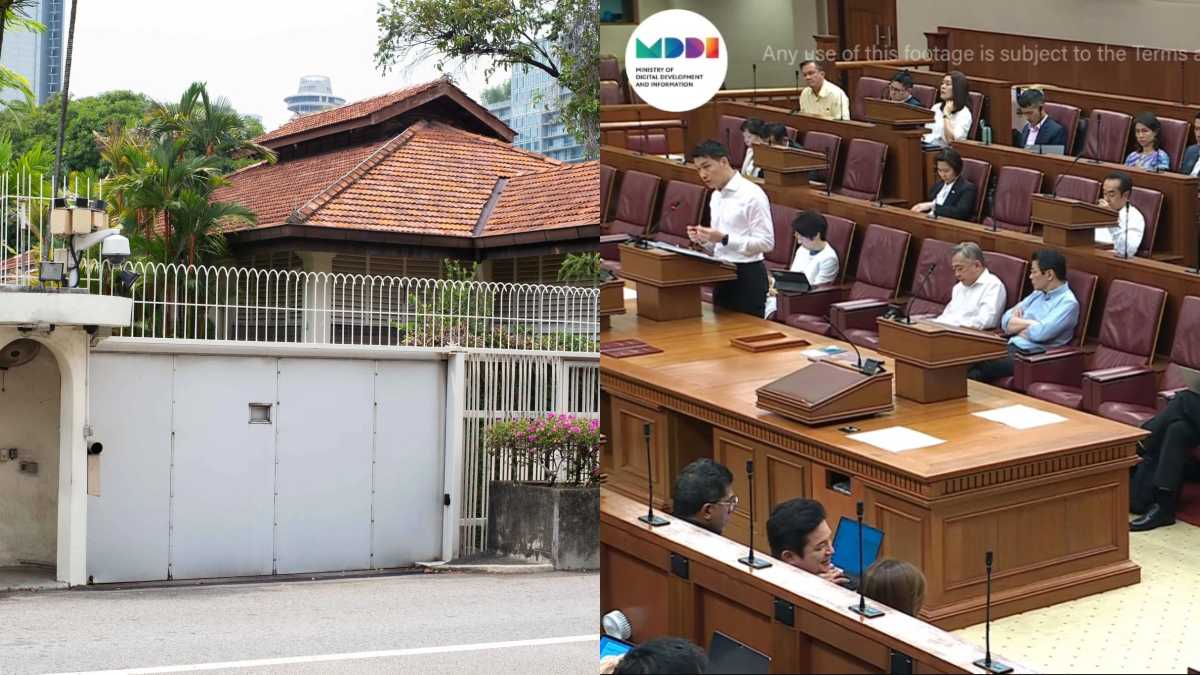LHY questions authenticity of Oxley Road basement after 1970s renovation
Lee Hsien Yang argues that the Oxley Road basement no longer holds historical value as it was renovated in the 1970s—decades after Singapore’s formative political meetings—making the government's case for preservation fundamentally flawed.
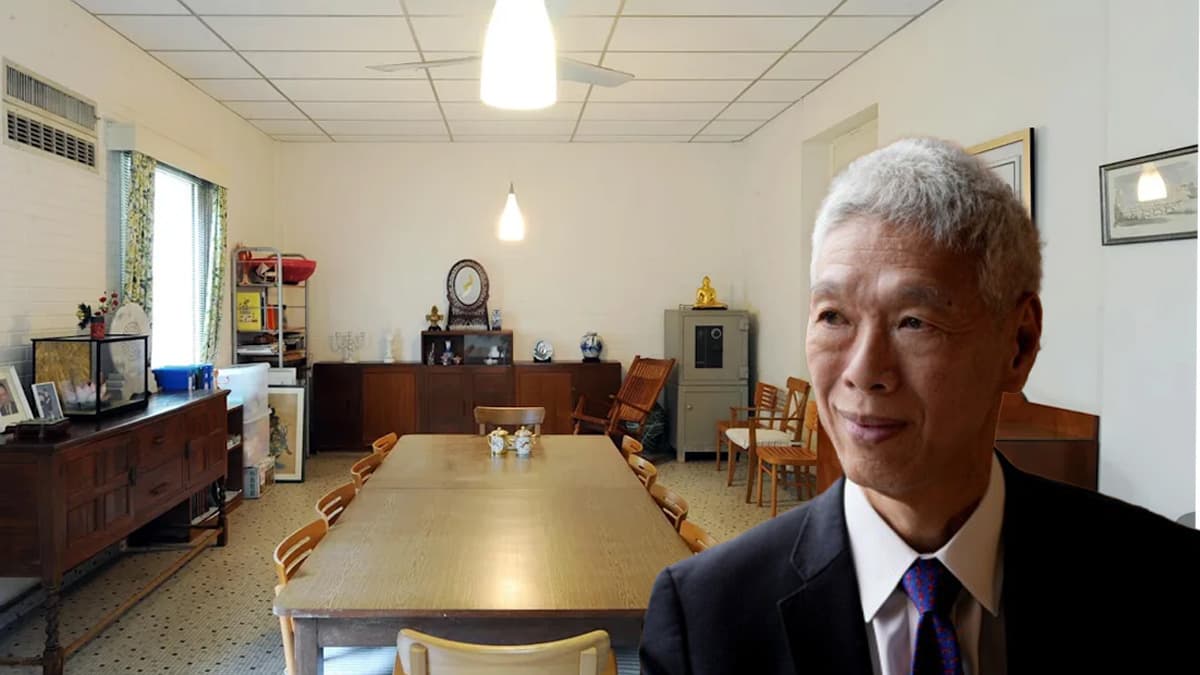
- Lee Hsien Yang says the 38 Oxley Road basement was altered in the 1970s, decades after its historical use.
- He challenges the government’s claim that the site retains authenticity and national significance.
- Acting Minister David Neo maintains in Parliament that the house embodies a “unique confluence of people, events, and place.”
The public debate over the fate of 38 Oxley Road has intensified following a pointed observation by Lee Hsien Yang (LHY), who stated in an interview with the Financial Times that the basement of the bungalow—now central to the government’s case for historical preservation—was renovated in the 1970s, decades after the landmark political discussions of the 1950s.
“The house is nothing like it was in the 1950s — are they really going to reinstate it to what it looked like then?” LHY said in the FT article published on 19 November.
His remarks challenge the government’s rationale that the basement should be preserved due to its national importance as the venue where Singapore’s founding leaders once met to shape the future of the country.
The basement is the only section of the house that the government proposes to preserve, while all private living spaces are to be removed.
However, LHY argues that the claim of historical authenticity collapses under scrutiny, as the physical space no longer resembles the room where his father, Lee Kuan Yew, and his contemporaries gathered.
This revelation has serious implications for the government’s proposed gazetting of the site as a national monument. Acting Minister for Culture, Community and Youth David Neo has said the decision stems from the site’s unparalleled role in Singapore’s formative years.
In Parliament on 6 November, Neo explained, “Few locations embody the same confluence of people, events, and place as 38 Oxley Road.”
He further elaborated that while the Founders’ Memorial, currently under construction at Bay East Garden, will commemorate Singapore’s history, 38 Oxley Road offers something intangible yet vital: authenticity. “There will not be that same sense of authenticity,” Neo said, referring to symbolic replicas or relocated reconstructions. “This site is unique, and it behoves us to preserve it.”
But LHY strongly disputes that narrative. In his formal objection submitted on 17 November—also posted publicly in a letter addressed to Prime Minister Lawrence Wong—he denounced the preservation proposal as “a monument to the PAP’s dishonour of Lee Kuan Yew.” He insisted that the late prime minister had been “clear and unequivocal” in his desire to have the house demolished.
“He was against any monuments, and this was part of the values he upheld. As his son and his trustee, I object to the proposed gazetting of the property,” LHY wrote. He further alleged that “numerous false, convoluted and self-contradictory arguments have been advanced to attempt to justify this gazetting.”
LHY took particular issue with attempts to reinterpret his father’s wishes. “There has been an attempt to peddle a narrative that my father changed his mind, which is rubbish. Nobody buys that,” he told the Financial Times. In his letter, he added that from 2010 onwards, Lee Kuan Yew had come to believe that the Cabinet was already set on preserving the house, leading him to make a direct appeal to the public instead.
Quoting from his father's instructions, LHY wrote: “Only if they were blocked, then ‘... the House never be opened to others except my children, their families and descendants.’ He had never agreed to preserve and make public his dining room.”
The basement dining area, with its long table and simple furnishings, has been visually associated with the early political meetings of the People’s Action Party (PAP).
However, LHY’s assertion that the space underwent substantial renovations in the 1970s introduces a critical question: does the current basement accurately represent the place where history was made, or is it a later iteration devoid of original features?
Neo has acknowledged that physical changes to the site are not immaterial. Still, he argued that the power of place transcends structural updates.
“It is our duty to allow future Singaporeans to visit the site and appreciate the gravity of discussions that took place there,” he said, maintaining that preservation efforts would deliberately exclude personal family areas and focus solely on events of national importance.
Nevertheless, LHY believes that the essence of the site—as experienced during the nation’s formative years—is already lost. He warned that preserving a basement that no longer reflects its historical condition amounts to curating a false narrative. “Are we preserving the idea of history, or the reality of it?” he implied through his criticism.
The Preservation of Sites and Monuments Advisory Board, under the National Heritage Board, has already assessed 38 Oxley Road as a site of “historic significance and national importance.”
Neo, who accepted this recommendation on 3 November, is now reviewing objections before making a final determination.
If approved, a formal preservation order will be issued, after which the government will begin the process of acquiring the property, with plans to open it to the public. LHY has previously indicated that he applied to demolish the house following the death of his sister, Dr Lee Wei Ling, in 2024, and wished to keep the property privately within the family, in line with his father’s will.
For LHY, the preservation debate is not merely about land or heritage—it is about legacy and truth.
“The PAP Government can honour Lee Kuan Yew on a matter of deep importance to him, or trample on his wishes and create a monument to that dishonour,” he concluded in his recent public Facebook post.
The government, meanwhile, continues to frame the decision as one aimed at strengthening collective memory and national identity. “This is the most responsible course of action to ensure that future generations can appreciate the site’s significance,” Neo said in Parliament.
As both sides present conflicting accounts of purpose and principle, the question remains: can a renovated basement truly serve as the foundation of national remembrance?


